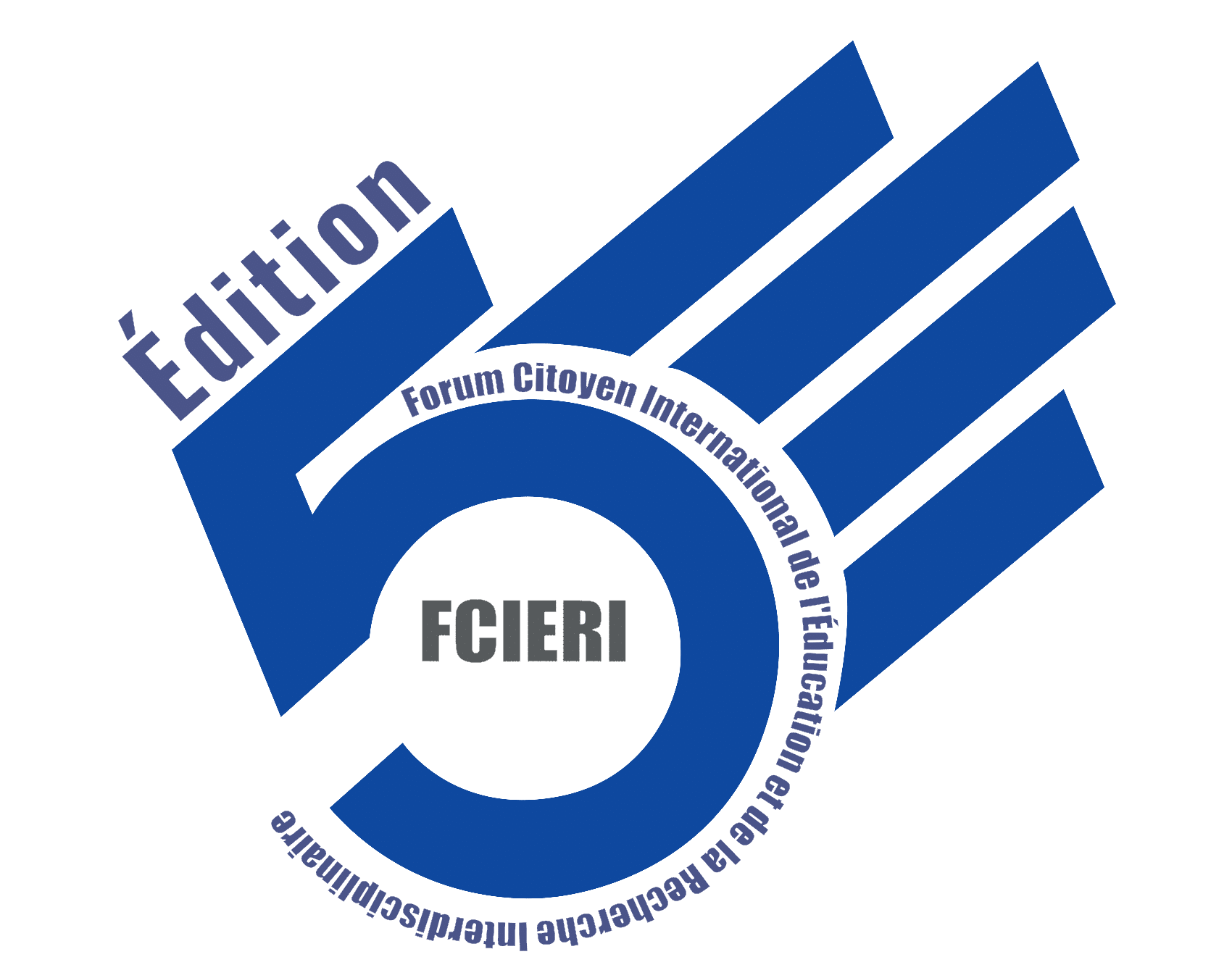Dear Colleagues, Partners, and Participants,
We extend a warm welcome on behalf of the members of the steering committee, the organizing committee, and the scientific committee to the 4th edition of the International Citizen Education Forum. This significant event will be held in Sousse, Tunisia, from the 19th to the 21st of April 2024, focusing on the theme, “The challenges of teacher training and their professional integration: comparative approaches.“
The chosen topic holds immense importance for the future of individuals, communities, states, and nations, impacting various stakeholders such as educators, academia, governments, and civil society.
It highlights the pressing concerns and apprehensions related to the current state of education, learning, and learners, prompting us to reevaluate the purpose and effectiveness of educational systems worldwide. The policies and strategies implemented thus far have not fully realized their potential in many countries, necessitating a comprehensive reexamination of training quality, curriculum relevance, educational success, and social integration. These issues call for the establishment of structured systems, adequate support services, and a continuum of assistance from preschool to university level. Additionally, the ongoing COVID-19 health crisis has further emphasized the need for embracing new knowledge and adapting to evolving socio-economic, political, and environmental dynamics in education. It is undeniable that convening the International Citizen Forum for Education in Tunisia and fostering collaboration between academia, businesses, and communities, plays a central role in promoting constructive dialogues, sharing experiences, and proposing solutions. By bringing together international and national experts, decision-makers, education stakeholders, and civil society actors, this forum offers a valuable opportunity for in-depth reflection on the state of education, exploration of effective strategies, and identification of actionable measures. The forum acts as a vital platform for facilitating interactions between researchers and education practitioners, enabling them to address questions, realities, and expectations faced by individuals in the field, including administrators, teachers, professionals, socio-economic actors, and citizens. Furthermore, it serves to disseminate research findings and experimental results, fostering meaningful exchanges between the scientific community and civil society.
The Scientific Committee expresses its gratitude for your valuable contributions in terms of academic insights and civic engagement. The active involvement of each participant is highly appreciated, as it will enrich the forum’s discussions and outcomes.
The members of the steering committee, organizing committee, institutional representatives, and all participants eagerly await your presence at this esteemed gathering. Your participation in the 4th edition of the International Citizen Education Forum is essential, and we wholeheartedly welcome you to this enriching event.
Thank you for your continued support and cooperation.

 Le Forum mondial sur l’éducation, tenu en mai 2015 à Incheon sous l’égide de l’UNESCO et ses partenaires, s’est conclu par la Déclaration d’Incheon pour l’Éducation 2030, un engagement historique de transformer la vie grâce à une nouvelle vision de l’éducation et à des actions courageuses et innovantes pour la réaliser. Le Cadre d’action Éducation 2030, qui établit cette nouvelle vision de l’éducation pour les 15 années à venir, a été adopté par plus de 180 états membres de l’UNESCO. Quatre ans plus tard, à la 9e Réunion mondiale de la Consultation collective des ONG pour Éducation 2030 (CCONG-Éducation 2030), qui s’est tenue en Tunisie en 2019, les organisations participantes ont affirmé que le monde est confronté à une crise éducative, causée par un manque de volonté politique, une faible priorisation de l’éducation et un financement insuffisant. De plus, elles ont constaté une tendance croissante à la commercialisation de l’éducation, ce qui contribue à creuser davantage les inégalités. Les systèmes éducatifs mondiaux ne semblaient pas respecter l’engagement pris dans le programme Éducation 2030. Le ministre de l’Éducation de la Tunisie d’alors avait, à la même occasion, souligné que la plupart des pays n’avancent pas suffisamment pour atteindre les objectifs fixés pour 2030. Il a appelé à une reconnaissance de l’importance stratégique de l’éducation pour toutes les nations et a encouragé la société civile à jouer un rôle majeur dans la mobilisation pour y parvenir.
Le Forum mondial sur l’éducation, tenu en mai 2015 à Incheon sous l’égide de l’UNESCO et ses partenaires, s’est conclu par la Déclaration d’Incheon pour l’Éducation 2030, un engagement historique de transformer la vie grâce à une nouvelle vision de l’éducation et à des actions courageuses et innovantes pour la réaliser. Le Cadre d’action Éducation 2030, qui établit cette nouvelle vision de l’éducation pour les 15 années à venir, a été adopté par plus de 180 états membres de l’UNESCO. Quatre ans plus tard, à la 9e Réunion mondiale de la Consultation collective des ONG pour Éducation 2030 (CCONG-Éducation 2030), qui s’est tenue en Tunisie en 2019, les organisations participantes ont affirmé que le monde est confronté à une crise éducative, causée par un manque de volonté politique, une faible priorisation de l’éducation et un financement insuffisant. De plus, elles ont constaté une tendance croissante à la commercialisation de l’éducation, ce qui contribue à creuser davantage les inégalités. Les systèmes éducatifs mondiaux ne semblaient pas respecter l’engagement pris dans le programme Éducation 2030. Le ministre de l’Éducation de la Tunisie d’alors avait, à la même occasion, souligné que la plupart des pays n’avancent pas suffisamment pour atteindre les objectifs fixés pour 2030. Il a appelé à une reconnaissance de l’importance stratégique de l’éducation pour toutes les nations et a encouragé la société civile à jouer un rôle majeur dans la mobilisation pour y parvenir.